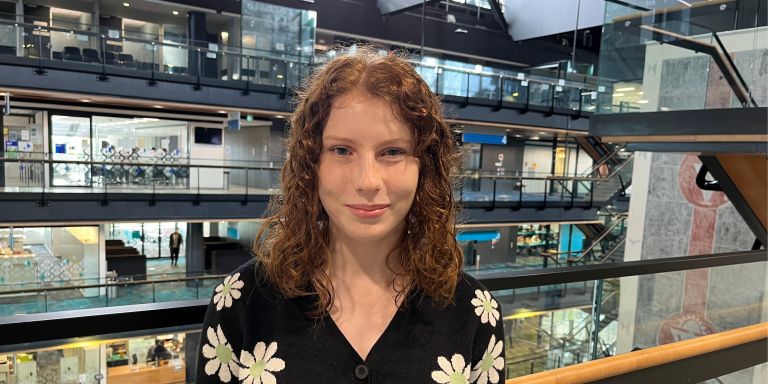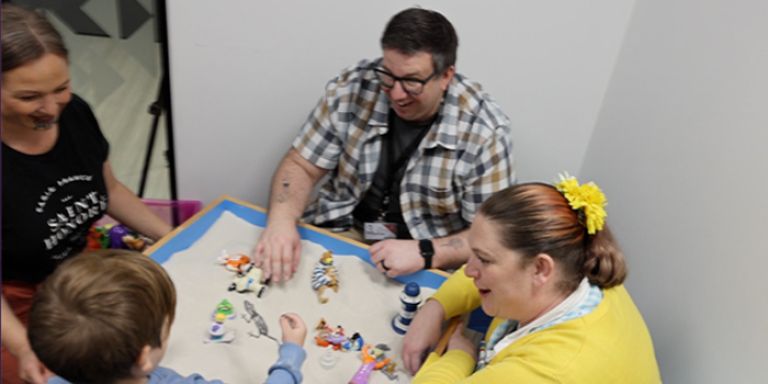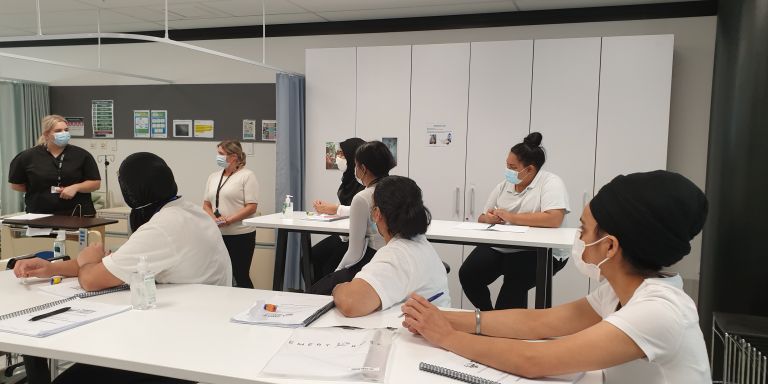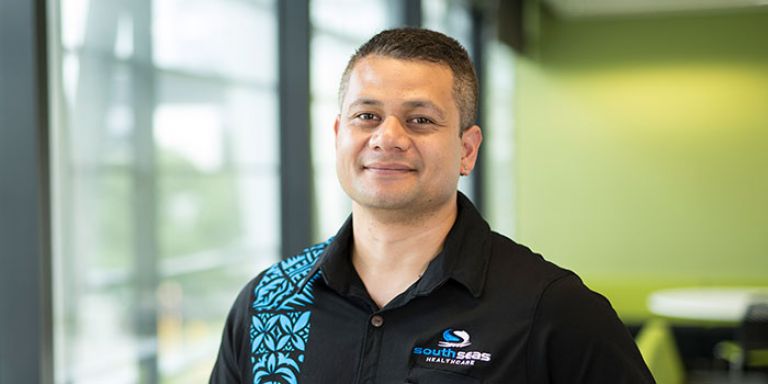Programme highlights
Do friends and family turn to you for help?
Turn your passion for supporting the people you care about into a rewarding career as a counsellor.
Study counselling with MIT and you’ll learn how to make a meaningful difference in people’s lives and your community.
It doesn’t matter if you’re coming straight from school, changing careers or returning to the workforce, you can study our Bachelor of Applied Counselling (Level 7).
This programme is offered via a blended delivery model which is made up of online learning, compulsory week-long workshop attendance and a practicum component.
To find out more about what practicum entails for both our learners and placement providers, click here.
If you are Māori or Pasifika, find out how you could be supported on your MIT journey with Te Ara Oranga.
WOT Weeks
The Bachelor of Applied Counselling programme is offered as a blended delivery programme made up of self-directed learning, online tutorials and attendance at four compulsory Wananga-Onsite-Talanoa (WOT) Weeks (per year for full-time students) and a practicum component (levels 6 and 7). Modules for self-directed learning start from the first week of each semester. WOT Weeks are the block courses you are required to attend in-person on campus. Download the full 2025 WOT Week Schedule (PDF, 294KB).
IT requirements
To complete this degree you will need to have access to a computer and the internet to retrieve course materials, undertake assessments and to participate in the courses online activities.
Please note: Although the Government vaccine mandate for health and disability workers ended on 11:59pm 26 September 2022, some employers can still require workers to be vaccinated due to their responsibilities under the Health and Safety at Work Act. Placement is a compulsory component of MIT’s healthcare programmes. To go on placement in this sector, students will need to be fully vaccinated and provide proof of vaccination to MIT. Students that hold a medical exemption that prevents them from being vaccinated are permitted to work in the healthcare sector, but will have limited placement opportunities in that sector. Students that are not vaccinated, or that do not wish to share their vaccination status with MIT, may not be able to go on placement in the healthcare sector. If you hold a medical exemption, or if you are unable or unwilling to provide proof of vaccination to MIT, your placement opportunities will accordingly be limited and MIT cannot guarantee availability with placement providers. If this applies to you, we encourage you to contact us to discuss your options.
Entry requirements
All applicants must provide two character references attesting the candidate’s suitability for working as a counsellor; and
All applicants are required to declare whether they have been convicted of, or are being prosecuted for, a criminal offence. The Police Vetting Process will reveal all criminal convictions.
Students will be advised of the following:
Please be aware that if you are going to be working with children, in certain circumstances some specified offences are not permitted, pursuant to the Vulnerable Children Act 2014. We recommend that you fully disclose all convictions to MIT prior to enrolment, so that we can discuss the potential implications on your eligibility to participate fully in your course of studies, including the practicum and your likely eligibility/suitability for employment once you graduate; and
Applicants may be required to provide a health declaration that they are emotionally, mentally and physically capable of undertaking the demands of the counselling programme as required in the New Zealand Association of Counsellors (NZAC) Code of Ethics (revised 2016 ) (see http://www.nzac.org.nz/code_of_ethics.cfm). Further reports may be requested with the consent of the Applicant.
Applicants must meet the following criteria for admission into the programme
- NCEA Level 3 University Entrance or equivalent:
- Three subjects – at Level 3, made up of:
- 14 credits each, from three approved subjects;
- Literacy – 10 credits at Level 2 or above, made up of:
- 5 Credits in reading;
- 5 credits in writing
- Numeracy – 10 credits at Level 1 or above, made up of;
- Achievement standards – specified achievement standards available through a range of subjects; or
- Unit standards – package of three numeracy unit standards (26623, 26626, 26627 – all three required)
OR
- Successfully completed a minimum of 60 credits at level 4 in the areas of Social Science, Health Sciences or Education e.g. New Zealand Certificate in Health and Wellbeing Level 4 (Strands in Social Services, Mental Health and Addiction Support, Community Health Work).
- Three subjects – at Level 3, made up of:
Applicants, 20 years of ages and over ideally will meet the minimum requirements. Applicants who do not meet the minimum requirement, but feel that they have the skills or experience to be successful in this.
English language entry requirements
Applicants must have sufficient competence in the English language to undertake this programme which is taught and assessed in English.
Any Applicant whose first language is not English may be required to provide evidence of their English language competency as follows:
Have English language competence to undertake this programme which is taught and assessed in English. Any applicant whose first language is not English will be required to provide evidence of an-overall IELTS (Academic) band score of 6.5 (with no score below 6.5) or equivalent achieved within the preceding 2 years.
This will be demonstrated by meeting the current NZQA requirements. For the minimum English language requirements refer to the following website http://www.nzqa.govt.nz/about-us/our-role/legislation/nzqa-rules/nzqf-related-rules/programme-approval-and-accreditation/app-2/the-table/ and http://www.nzqa.govt.nz/about-us/our-role/legislation/nzqa-rules/nzqf-related-rules/programme-approval-and-accreditation/8/18/
Regulatory requirements
Not applicable.
Interviews
In accordance with NZAC’s criteria for the selection of counselling personnel, all applicants will be interviewed to determine personal, academic and professional readiness to study professional counselling.
Special & discretionary admission
Any ākonga who is 20 years of age or older and has not reached the general admission requirements for their intended programme is eligible for Special Admission. Te Pūkenga works with the ākonga to ensure they are prepared for their intended programme. Any ākonga who is not yet 20 years of age and has not reached the general admission requirements for their intended programme may be eligible for Discretionary Admission. In assessing whether to grant Discretionary Admission, the delegated authority focuses on the applicant’s level of preparedness for their intended programme.
Give yourself credit with Recognition of Prior Learning (RPL)
Did you know you can use the knowledge and experience you already have to your advantage?
Your previous work experience and on-the-job skills, volunteering, professional development, and other providers’ qualifications can be recognised as prior learning, matched against credits in our courses, and put towards your qualification – potentially saving you money and possibly helping you to complete your qualification faster Learn more.
Programme structure
You will need to complete the below 21 courses (360 credits):
Level 5
Level 6
Level 7
Do you want to study a single course, without enrolling into the full programme?
Courses within some of our programmes may be offered as an individual Certificate of Proficiency (COP). Programme entry requirements and course fees apply. For more information, please speak to our friendly Ask Me! team.
Career opportunities
Counselling individuals, families and groups in the community.
Counsellors may have clients in mental health services, aged care, child protection, disability services, schools, prisons, hospitals, religious groups and in any other relevant community service. For potential salaries visit careers.govt.nz.















